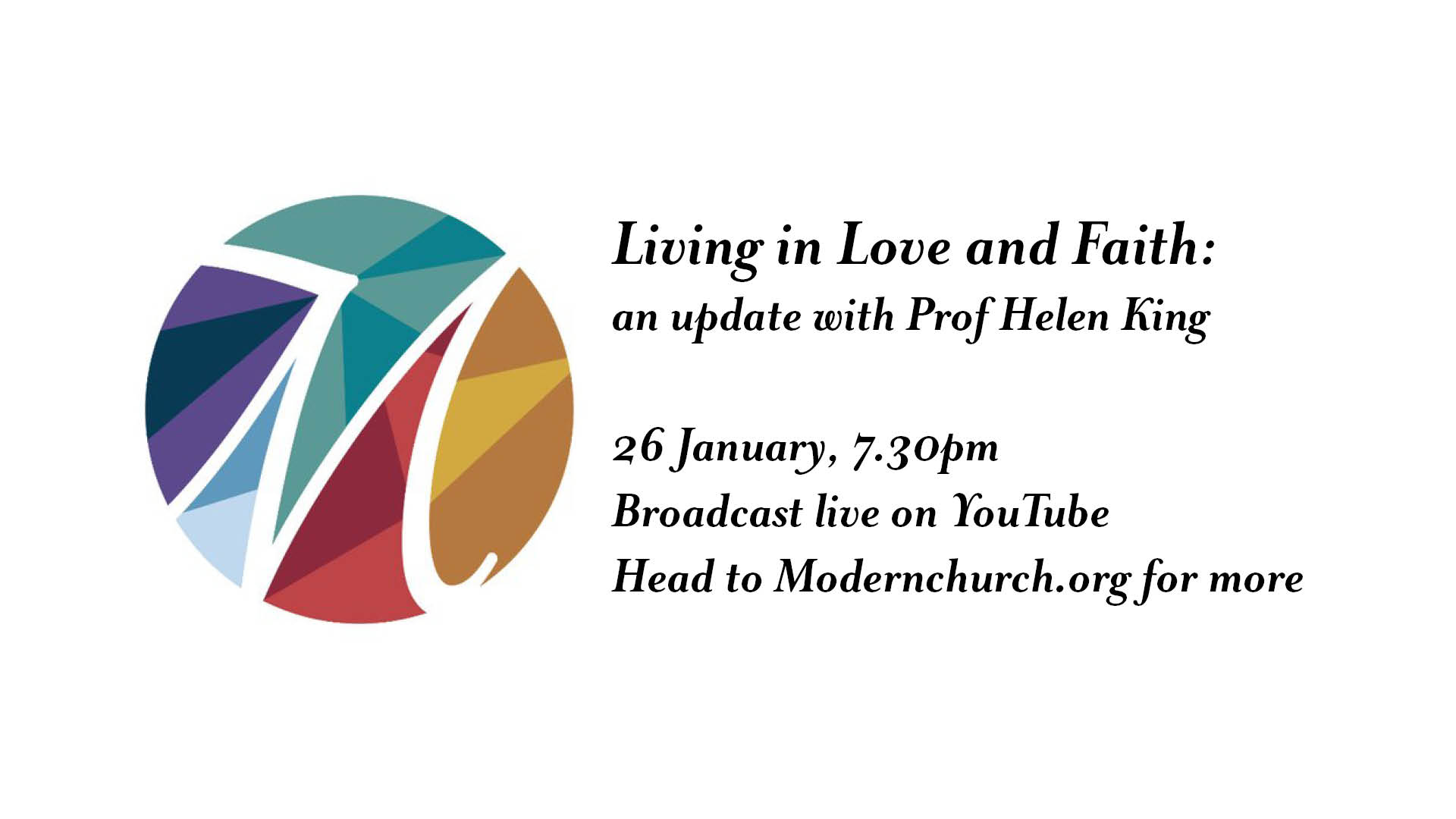
Join us on January 26th, 7.30pm for an update on LLF with Helen King
January 17, 2023
What Price Unity?
February 4, 2023In the light of the leaks from yesterday’s College and House of Bishops meetings, this blog post is a little earlier than planned, and so doesn’t have the benefit of seeing the finalised documents. And before I do what I’ve been asked, and reflect theologically on what’s going on, I have to express my sadness and indignation that the proposals do not celebrate same sex relationships on a par with those of heterosexual people. So …
Who remembers what happened in 1985? In case it doesn’t immediately come to mind, that was the year in which the House of Bishops of the Church of England first provided prayer resources to be used in church for (opposite sex) couples who had contracted a civil marriage. Before that there was nothing: re-marriage was a taboo subject in church, despite the fact that it was by then completely normal in society as a whole.
Sound familiar? I think it should, because the emerging proposals from the House of Bishops regarding same sex relationships seem to be heading down exactly the same route. In the light of the wide variety of views among bishops, and the likelihood that there is no two-thirds majority in the General Synod for any change that would involve legislation, the proposed resources are another example of the sort of gradualist change in which the Church of England specialises.
We just aren’t very good at grasping nettles, and our power structures reflect that reluctance by making serious change almost impossible until there’s an overwhelming majority in favour. One of the reasons it’s so difficult to get that majority is that the Church also has a strong preferential bias for acknowledging the pain of those hurt by the possibility of change, against the pain of those affected by its current position.
So what might be the implications of such a set of resources being commended by the House of Bishops? I suspect they may be more than just the ability of take a service for same-sex married (or civil-partnered) couples. Some will be positive, others less so. Let’s take the positives first.
Firstly, this will change the atmosphere within the Church – and that should enable more significant change to become plausible. Note what the Church of England’s website has as its heading for the page about the “Order for Prayer and Dedication After a Civil Marriage” – it just says “Wedding blessings”. I recall in the mid 1980s a lot of huffing and puffing that the new service was a pastoral provision, which didn’t really mean the Church condoned or approved of re-marriage. On the ground, though, and more and more widely through the church as time went by, it changed hearts and minds. There was more bluster about how exceptional and rare such services would be, when the marriage of divorcees was approved by General Synod in 2002, but once again practice soon outstripped the theory.
Secondly, it will make Issues in Human Sexuality redundant, which will have huge ramifications for the clergy and those exploring ordination. There is no way that the Church can simultaneously offer services of blessing (oh yes they will be) for same-sex couples, and maintain that such relationships are a bar to being ordained. Even as equivocally minded a church as the CofE can’t bless and concemn the same thing at the same time. The Archbishop of York, on the Today programme, carefully avoided the question ‘does this mean that gay relationships are or aren’t sinful?’. For him to answer either way would have been a new and explosive headline, so I can understand why he wouldn’t. But the implication is clear, that the Church’s answer to that question is moving from denial to acceptance, and maybe even celebration.
Then there’s the downside. Firstly, the continuing exclusion of LGBT+ people from a full welcome into the church’s life. It’s very good to hear that the resources will be accompanied by an apology for the way in which LGBT+ people have been excluded in the past. It should ideally also include an ongoing apology that the Church continues to inflict unnecessary pain on its own members, which can only diminish their life of faith, and weaken the body of the Church as a whole.
Secondly, and once again, the Church is demonstrating its capacity to edge reluctantly into a future which is most people’s past. It’s as if we’ve just decided it might be time to ditch our Morris 1100 and indulge in this fabulous new car, the Ford Fiesta. When it comes to issues of gender and sexuality we continue to operate at least a generation behind the society of which we’re part. That has an effect not just in relation to those specific areas of life; it devalues the Church’s witness and mission across the board. At a time when the Church is trying to offer a lead in relation to (right now) housing, social care and migration, that matters.
And thirdly, it’s all reversible. What’s commended can be withdrawn. There is no irreversible tide of change here, despite what we might hope and others might fear. Until the legislation changes, there is no certainty that the Church as a whole has made up its mind.
As I write, I am looking at an engraving of the legend of St Kevin and the blackbird. The story goes that Kevin was praying in a tiny chapel, with hands outstretched outside the windows. A blackbird landed on his hand and made its nest, and he stayed there until the eggs had hatched and the young birds had flown. It’s a story of the intermingling of pain, hope and expectation, in which none can exist without the others. I feel something of all three, right now.
Jonathan Clark lives in Orkney, where he gives time to gardening, reading and writing, and exercising the smallest episcopal ministry in the Anglican Communion as Bishop for the Falkland Islands. Until 2022 he was Bishop of Croydon, and previous to that served (among other things) as a parish priest and university chaplain.




